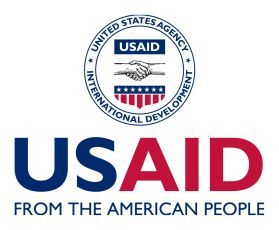USAID launches 5-year health initiative for vulnerable children in South Sudan
August 10, 2024 (JUBA) – The United States aid arm (USAID) has launched a new health initiative in support of orphans and vulnerable children living with HIV in South Sudan.
The initiative was unveiled by the US Ambassador to South Sudan, Michael Adler, and USAID South Sudan Mission Director Kate Crawford in the capital, Juba on Thursday.
The project, named Hayatna, meaning “our lives” in Arabic, represents a substantial investment in the well-being of the country’s most at-risk populations.
The five-year project, dubbed Hayatna, seeks to invest in the well-being of high-risk populations, offering income-generating activities and life skills training to the vulnerable young women to enhance both health and economic stability in the region.
Speaking during the launch of the project on Thursday, Ambassador Adler said Washington remains committed in efforts to assist the people of South Sudan.
“The provision of assistance has been central to the decades-long history of US efforts to help the South Sudanese people. I extend my deepest gratitude to my Used colleagues and our implementing partners for their relentless dedication to this life-saving work,” he said.
According to USAID, the Hayatna (our lives) project will collaborate with local organizations to reach out to children and adolescents living with HIV, HIV-exposed infants, and children from HIV-positive households. It will also extend support to survivors of violence against children.
The goal, it stressed, is to enhance HIV and health outcomes for these vulnerable families while ensuring children remain healthy, safe, and able to attend school.
The initiative will be implemented across several areas in Juba County, including Juba, Kator, Lokiliri, Munuki, and Rejaf.
The five-year project will compliment other US Government’s President’s Emergency Plan for Aids Relief (PEPFAR) in South Sudan. PEPFAR has been instrumental in combating HIV, providing life-saving antiretroviral treatment to approximately 50,000 South Sudanese, and supporting vulnerable families and young women across the nation since 2007.
(ST)

